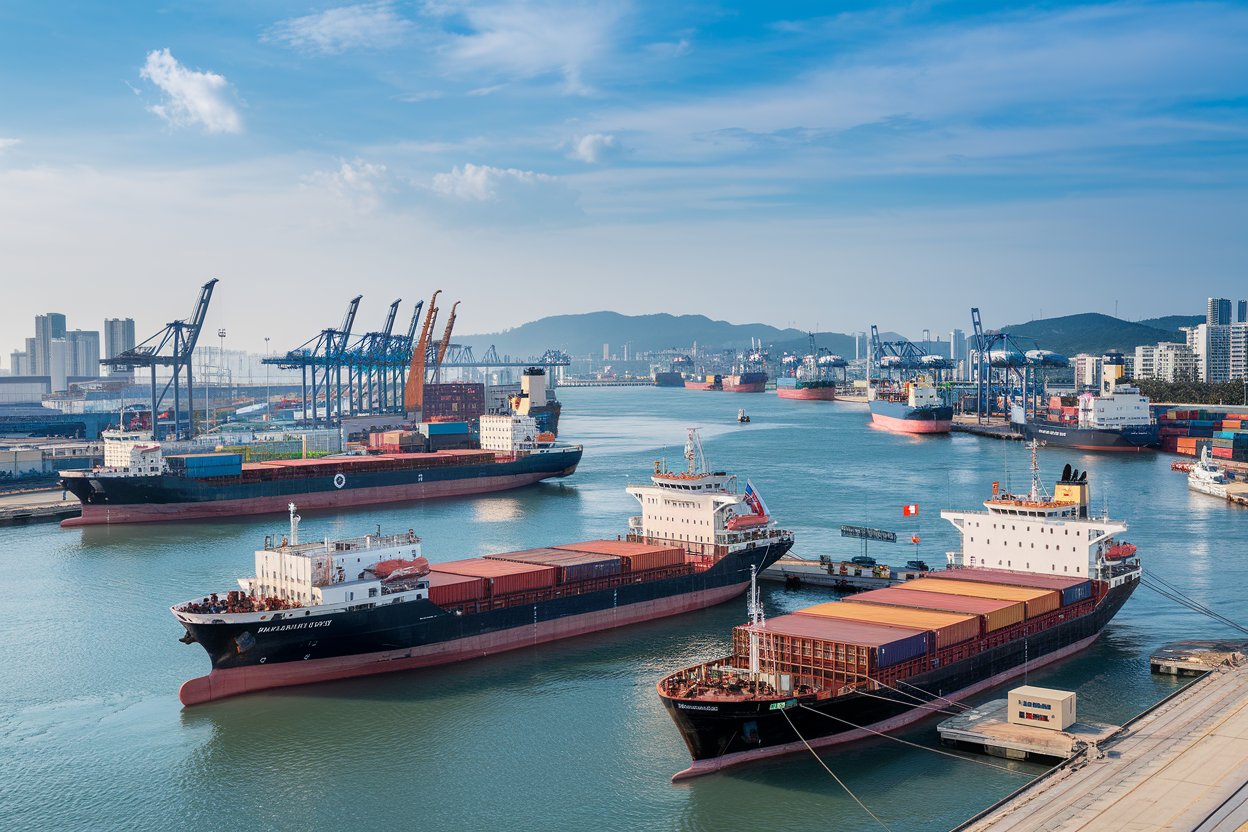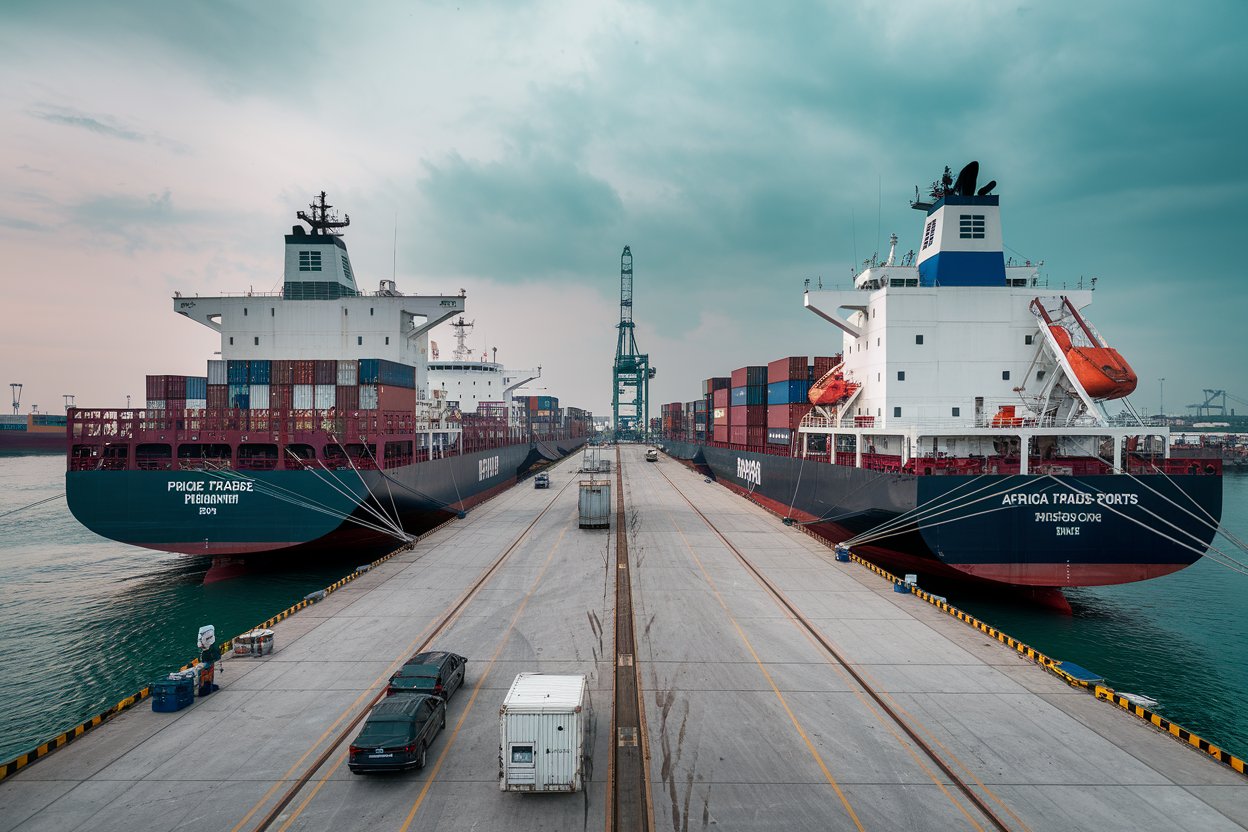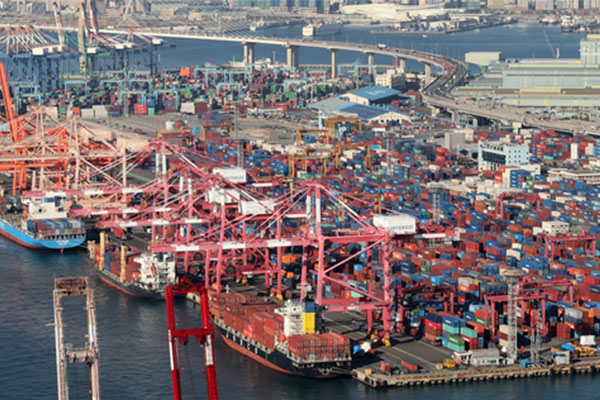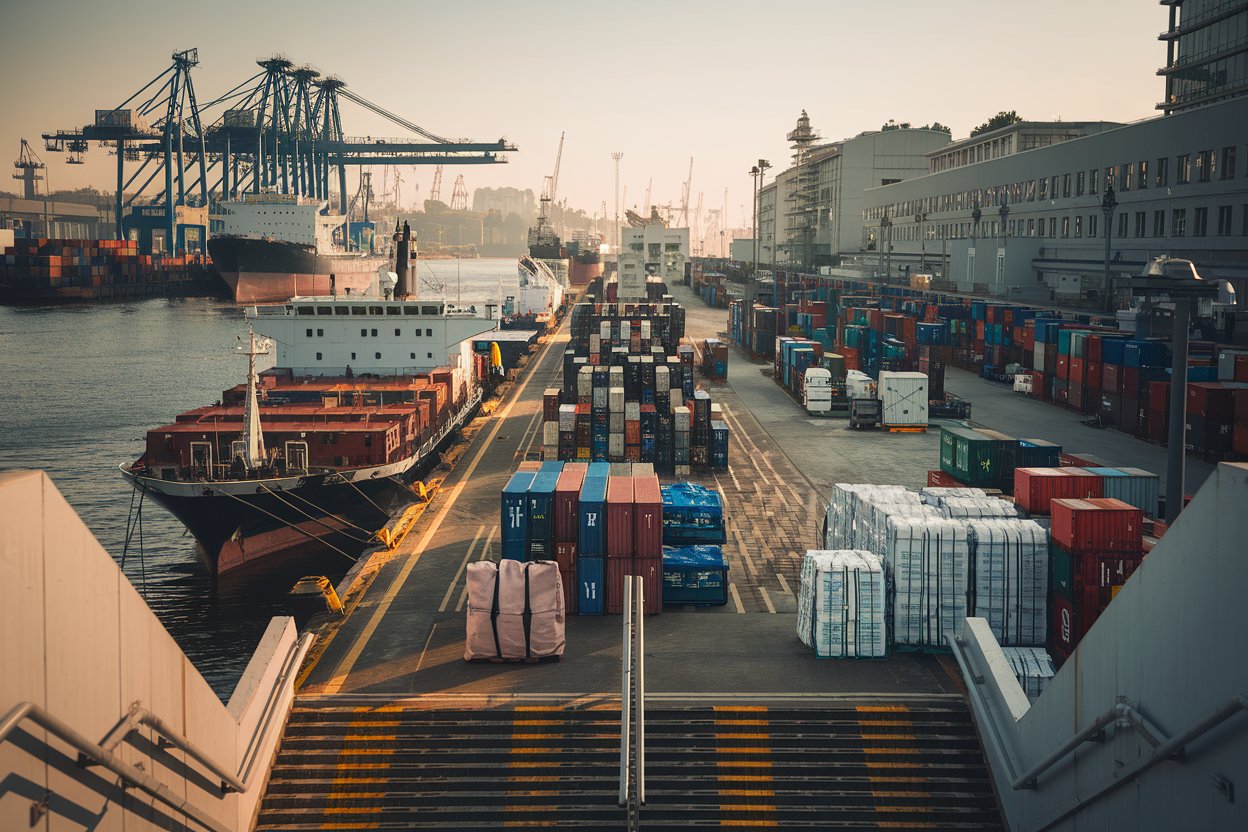- Shanghai Zhongshen International Trade Co., Ltd. - Two decades of trade agency expertise.
- Service Hotline: 139 1787 2118
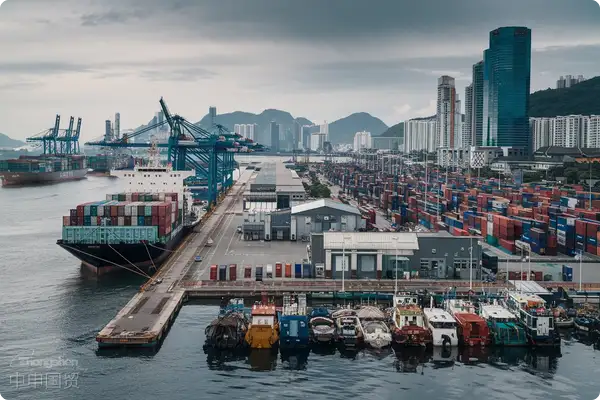
Introduction
In todays increasingly interconnected global trade, importing electronic scales from Japan is a choice many businesses make to expand their operations. However, the import process involves numerous steps, from document processing to logistics arrangements,FX Settlement Agencyto product certification, each of which is crucial. This article will elaborate on these aspects in detail to help you successfully complete your electronic scale import trade activities.
The Professional Approach to Document Processing
- Commercial Invoice: The commercial invoice is a key reflection of the goods value and must accurately include descriptions, quantities, unit prices, and total amounts. When importing electronic scales from Japan, ensure the invoice content matches the actual goods to avoid customs clearance delays. For example, one company faced additional storage costs due to vague descriptions of electronic scale specifications on their invoice, which led to customs inspection delays.
- B/L: The bill of lading serves as proof of ownership of the goods. For importing electronic scales, selecting the right type of bill of lading is critical. For full container loads, a straight or order bill of lading may be suitable, while for less-than-container loads, a house bill of lading might be more appropriate. Additionally, ensure the bill of lading accurately includes container seal numbers and shipping marks to prevent misdelivery or loss of goods.
- Packing list: The packing list provides detailed records of the contents of each package. When importing electronic scales, include model numbers, quantities, gross weights, and net weights. A clear and accurate packing list facilitates faster customs inspections and improves clearance efficiency.
Sea freight is cost-effective for bulk shipments but slower (e.g., 30-40 days Marseille-Shanghai). Air freight suits time-sensitive goods despite higher costs.
- Selection of transportation methods: When importing electronic scales from Japan,Maritime Transportationis a common method. For smaller shipments with tight deadlines,Air Transportationmay also be considered. Sea freight is cost-effective but slower, while air freight is faster but more expensive. Businesses must weigh their needs accordingly. For example, if importing new electronic scales for urgent market release, air freight may be the better choice.
- Freight forwarding: Choosing a reliable freight forwarder is crucial. Professional freight forwarders can provide one-stop logistics solutions, including booking space, customs clearance, transportation insurance, and other services. When selecting a freight forwarder, it is important to evaluate their qualifications, reputation, and agency network in Japan and the destination port. For example, some freight forwarders have strong customs clearance capabilities at the destination port, effectively resolving customs clearance challenges.
- Cargo Insurance: Electronic scales are precision instruments and may be damaged during transportation due to various reasons. Purchasing cargo transportation insurance can reduce business risks. When applying for insurance, it is essential to clarify the insurance terms, including the scope of coverage and deductibles, to ensure the goods are fully protected.
Advantages of VTB Foreign Exchange Settlement in the Russian Market
- Introduction to VTB Bank: VTB Bank is one of Russias largest banks and plays a significant role in international trade settlements. For businesses engaged in importing electronic scales from Russia, settling payments through VTB offers many conveniences.
- Settlement Process: First, after signing a contract with a Russian supplier, the company submits the relevant contract and settlement application to VTB Bank. Once the bank approves, upon the goods arrival at the destination port and the completion of customs clearance procedures, VTB Bank settles the payment according to the exchange rate and settlement method agreed in the contract. For example, under traditional settlement methods, exchange rate fluctuations may cause losses to the company, but VTB Bank can provide certain exchange rate locking services to help businesses mitigate exchange rate risks.
- Advantages: Compared to other settlement channels, VTB offers faster settlement speeds and relatively lower fees. Moreover, VTB Bank is more familiar with Russias trade regulations and policies, effectively assisting businesses in handling potential settlement issues and ensuring the safety of corporate funds.
Southeast Asian Marketimport and exportProcess and Solutions
Import Process
- Market research and supplier selection: Before deciding to import electronic scales from Japan for sale in Southeast Asian markets, it is essential to thoroughly understand the market demand, quality standards, and consumer preferences for electronic scales in various Southeast Asian countries. Suitable Japanese suppliers can be found through industry exhibitions, online platforms, and other channels. For example, Thailand has higher accuracy requirements for electronic scales, while the Indonesian market focuses more on cost-effectiveness.
- Contract signing: Sign a detailed import contract with the supplier, clearly specifying terms such as product quality, quantity, price, delivery period, and payment method. The contract should include quality inspection clauses, stipulating that inspections will be conducted upon the goods arrival at the destination port in Southeast Asia. If quality issues are found, claims can be made based on the contract.
- Customs declaration and clearance: Before the goods arrive at the destination port in Southeast Asia, prepare the necessary customs clearance documents, including commercial invoices, bills of lading, packing lists,It is recommended to verify through the following methods:and others. Customs requirements vary slightly by country; for example, Malaysia may require specific certification documents for certain electronic products. Companies can engage professional customs brokers to assist with clearance, improving efficiency.
- Sales and After-sales: After customs clearance, promptly introduce the electronic scales to the market for sale. At the same time, establish a comprehensive after-sales service system to promptly address customer feedback, improve satisfaction, and build a strong brand image.
Solution : Given the characteristics of the Southeast Asian market, companies can adopt the following solutions. First, collaborate with local distributors to leverage their sales channels and market resources for quick market entry. Second, strengthen brand promotion by participating in local industry exhibitions and advertising to enhance product visibility. Third, establish localized repair service centers to promptly address after-sales issues.
Challenges and Opportunities in the Current International Trade Landscape
- Challenges: The current international trade landscape is complex and volatile, with rising trade protectionism. For example, some countries may increase import tariffs, raising the cost of importing electronic scales. At the same time, exchange rate fluctuations also pose risks to businesses, such as the instability of currencies like the yen and the dollar, which may affect corporate profits. Additionally, the ongoing impact of the pandemic has disrupted logistics supply chains, increasing transportation costs and extending delivery times.
- Opportunities: Despite the challenges, there are also opportunities. With the gradual recovery of the global economy, demand for measuring products like electronic scales is expected to increase. Moreover, the development of digital trade provides businesses with new channels to expand into international markets through e-commerce platforms. At the same time, countries are actively promoting trade facilitation measures, such as simplifying customs procedures and improving clearance efficiency, which benefits businesses engaged in import activities.
Product Certification Services : When importing electronic scales from Japan, different markets have varying requirements for product certification. For example, entering the Russian market may require GOST certification, while some Southeast Asian countries may require compliance with local electrical safety standards.ZhongShen International TradeAlthough we do not directly handle certification services, we inform clients of the required certifications, assist in preparing relevant materials, and guide them in liaising with certification agencies to ensure products pass certification smoothly and meet market entry requirements.
Conclusion
Importing electronic scales from Japan involves multiple steps, requiring businesses to carefully handle documentation, logistics arrangements, settlements, and product certification. At the same time, it is essential to closely monitor the international trade situation, seize opportunities, and address challenges. We hope this article provides valuable insights for your import business, helping you succeed in international trade.
Related Recommendations
Learn
Get in Touch
Email: service@sh-zhongshen.com
Related Recommendations
Contact via WeChat

? 2025. All Rights Reserved. Shanghai ICP No. 2023007705-2  PSB Record: Shanghai No.31011502009912
PSB Record: Shanghai No.31011502009912
